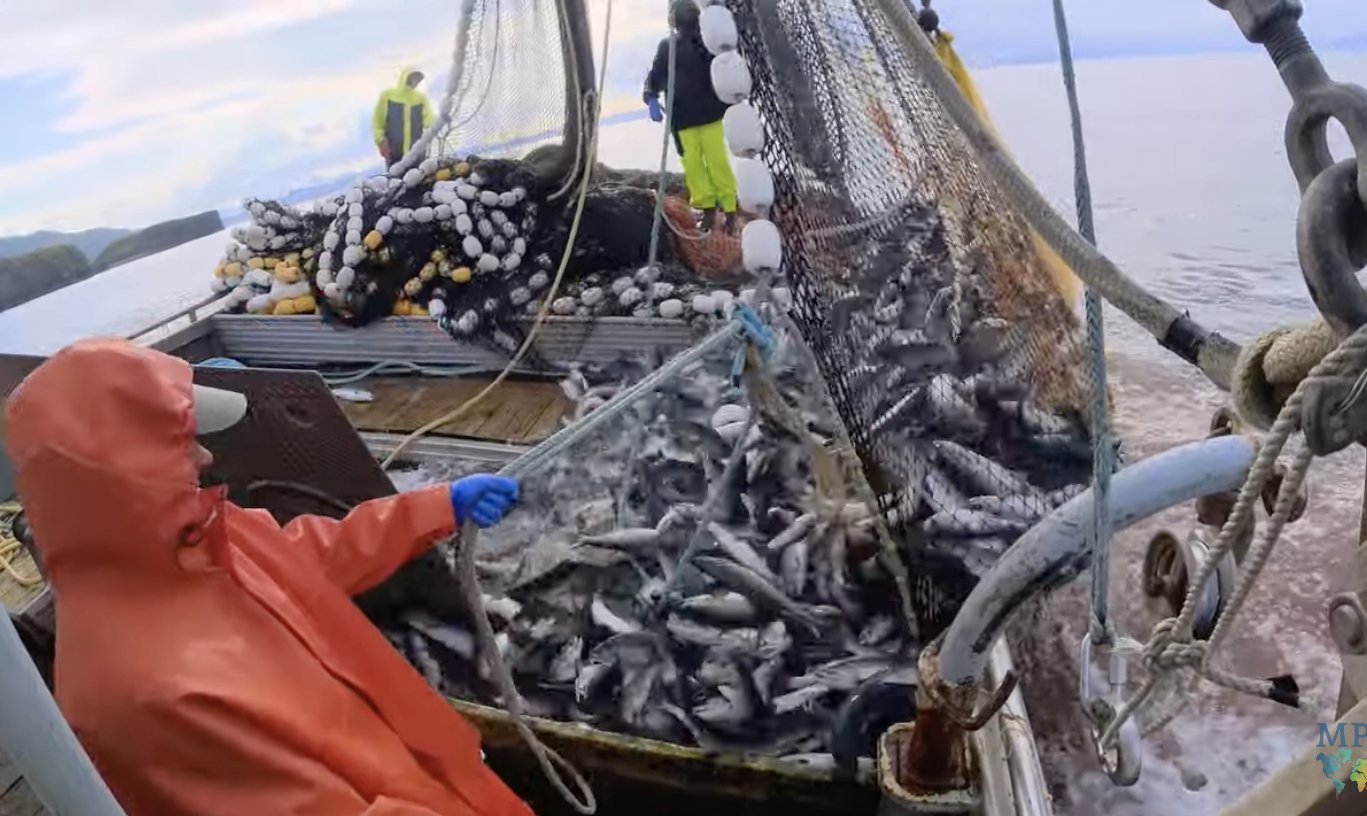Regenerative Aquaculture
Feature
Regenerative
Unveiling the Truth: The Complex Reality Behind Wild Alaskan Seafood
Key Issues with the Sustainability of Wild Alaskan Salmon:
- Interception of Migratory Salmon: Alaskan fisheries have been found to intercept salmon that are critical to ecosystems and indigenous communities in British Columbia. This practice not only disrupts the natural salmon lifecycle but also significantly affects the food chain and cultural practices of native communities.
- Legal Challenges and Environmental Concerns: U.S. District Judge Richard Jones' decision to vacate permits for a southeast Alaska fishery highlights the growing legal scrutiny over the industry's practices. Additionally, lawsuits by Alaskan tribal groups against federal regulators for mismanaging pollock and cod fisheries underline the environmental and social crises unfolding in the region.
- Impact on Marine Life: The decline in salmon populations has dire consequences for marine ecosystems, including the starvation of the southern resident killer whale population.


